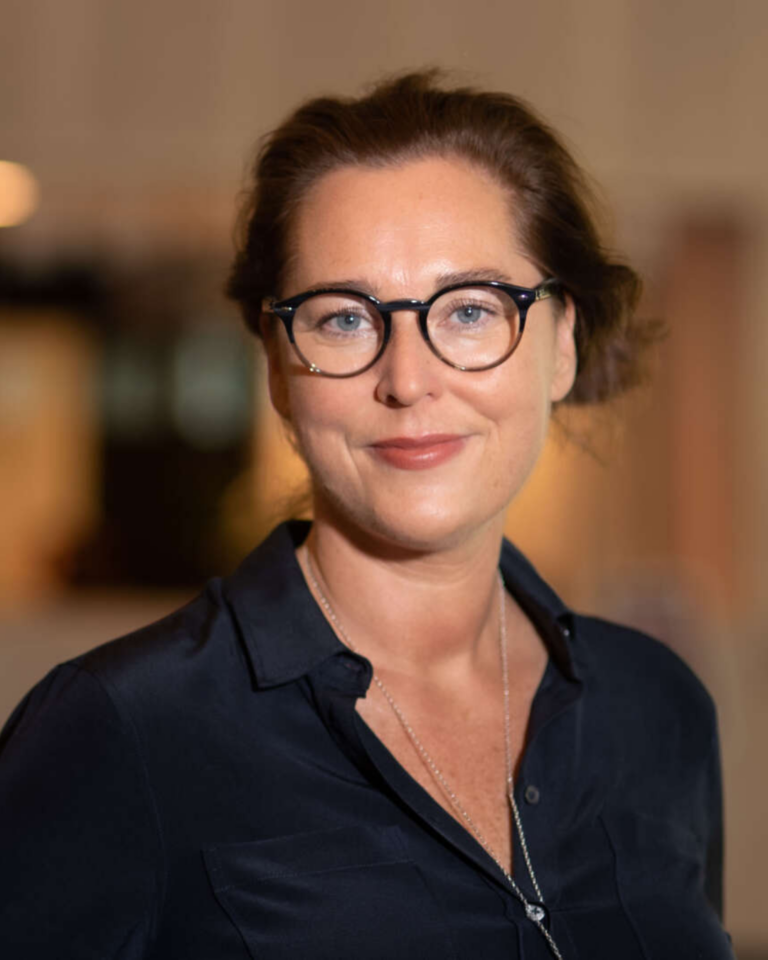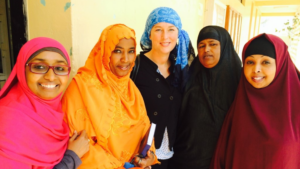
International Day of the Midwife
May 5 is International Day of the Midwife. To commemorate this awareness day, the communications team interviewed Dr. Marie Klingberg-Allvin to highlight the important role of midwives in sexual and reproductive health (SRH) and her impactful research in this field.
Meet Dr. Marie Klingberg-Allvin
Dr. Marie Klingberg-Allvin is a distinguished Swedish midwife and professor renowned for her contributions to global sexual and reproductive health (SRH), particularly in low-resource settings. Her career is a testament to the dedication to advancing women’s health rights and improving SRH services globally.
With over two decades of experience, Dr. Klingberg-Allvin’s research focuses on safe abortion, post-abortion care, contraception, and immigrant SRH. Being part of transnational research teams, her work has significantly influenced the World Health Organization (WHO) safe abortion guidelines and has been published in policy changing journals such as The Lancet. Dr. Klingberg-Allvin has served on the International Board of the Swedish Association of Midwives and has been an expert contributor to WHO meetings on strengthening midwifery education. She has supervised 12 PhD students and authored over 80 scientific publications in SRH and midwifery. Her ongoing research spans countries including Sweden, Somalia, Ethiopia, the Democratic Republic of Congo, Rwanda, and Canada, with a focus on enhancing midwives’ roles in comprehensive abortion care and addressing issues like menopause and youth SRH.
Dr. Klingberg-Allvin holds a Doctor of Philosophy from the Department of Global Public Health at Karolinska Institutet (2007), is a registered midwife from Mälardalens Universitet (2001), and has a Bachelor of Science in Nursing from Karolinska Institutet (1998).
Let’s begin our conversation with Dr. Marie Klingberg-Allvin.
Can you speak on the importance of midwives in sexual and reproductive health?
Dr. Klingberg-Allvin shared that “Midwives play a critical role in sexual and reproductive health (SRH), not just during childbirth, but across the entire reproductive lifespan. The Swedish midwife scope of practice is broad – beyond pregnancy and delivery.”
She further emphasized that Midwives are primary providers for SRH care and often the first point of contact for many women, especially low resource and rural areas. Midwives offer a wide range of services including:
- Antenatal care
- Safe deliveries
- Postnatal care
- Family planning and contraceptive counseling
- Safe abortion and post abortion care
- Management of sexual violence cases
- Sexual health education and STI screening/HPV screening
- Preconception and prenatal care
- Menstrual health management
- Support during menopause transition
Dr. Klingberg-Allvin shared that this continuity of care creates trusted relationships between midwives and women, leading to significantly improved health outcomes. In addition, Dr. Klingberg-Allvin called to attention that well-trained midwives can prevent up to 83% of all maternal deaths, stillbirths, and newborn deaths with proven interventions, according to WHO.
Can you speak on the capacity building of Midwifery on a global scale and in Somaliland?
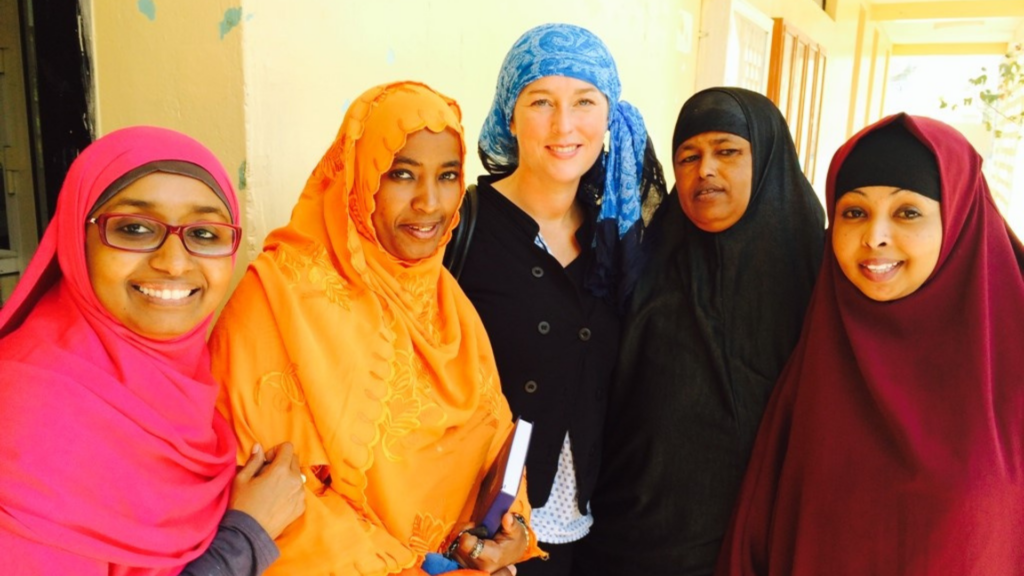
IMPORTANCE OF capacity BUILDING
Dr. Klingberg-Allvin expressed that capacity building is a fundamental concept she incorporates into all her research and work. She emphasized the importance of “training local researchers and midwives and ensuring they can contribute equitably to research efforts.”
international partnerships
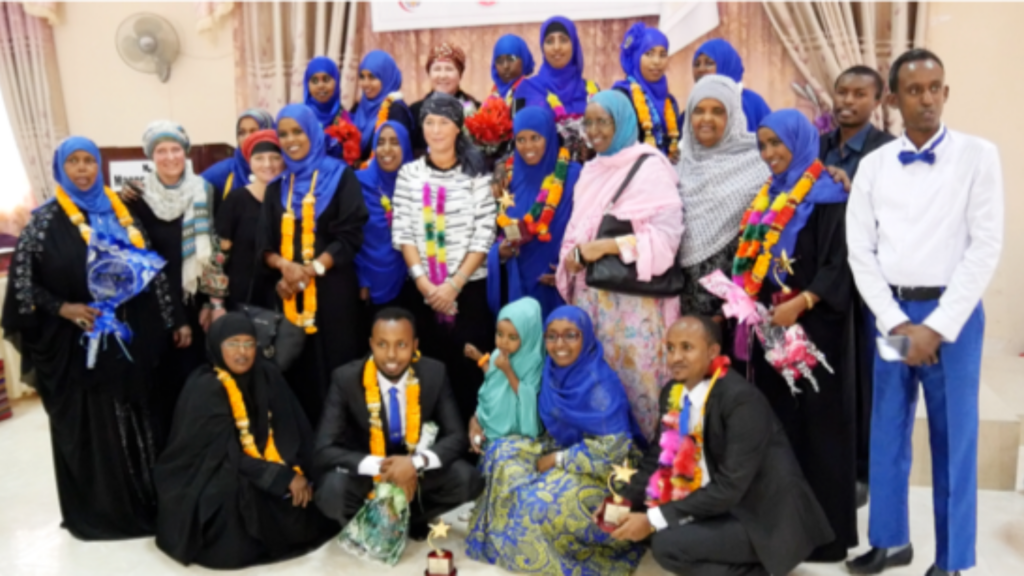
She spoke on a well-established partnership between the Somaliland Nursing and Midwifery Association (SLNMA), University of Hargeisa, Amoud University, Ministry of Health in Somaliland, East Africa University, Puntland, and Dalarna University in Sweden has been the foundation for a sustainable capacity-building program for midwives and midwifery educators in the Somali region between 2010-2016. The project covered the development, implementation, and assessment of a net-based master education in sexual and reproductive health care (SRH) in Somaliland and Puntland.
The first midwife in Somaliland
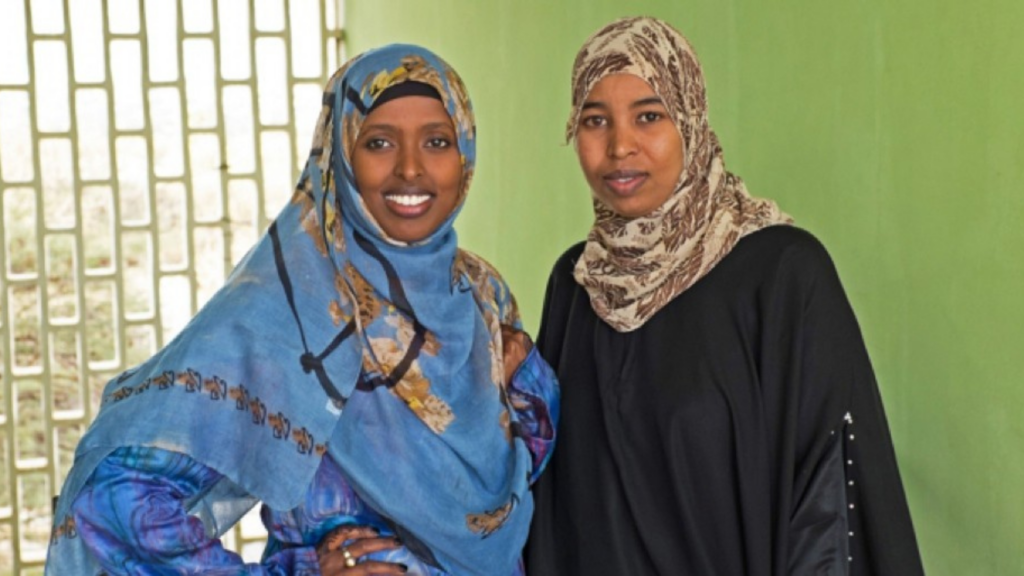
One of the main projects Dr. Klingberg-Allvin initiated in Somaliland, which continues to this day, involves ongoing collaboration, research, and education with the first midwife in Somaliland to earn a PhD, Jama Ali Egal. They have been supported within the capacity-building program, contributing significantly to the advancement of midwifery education and practice in the region.
Within your own international research and global settings, what are some of the research impacts that come to mind?
Dr. Klingberg-Allvin shared that “one of my main research topics has been access to post abortion care and looking at settings where safe abortion is restricted.” She discussed her previous studies in Uganda and Kenya where these restrictions on abortion care are present. From their research findings in Uganda, she stated that “midwives can diagnose and treat women with incomplete abortion”. These research findings, developed from Dr. Klingberg-Allvin’s research, were included in the WHO 2022 Abortion care guidelines. The research also demonstrates that restricting access to abortions does not reduce the number of abortions; rather, it drives women and girls towards unsafe procedures, which emphasized the critical role midwives play in SRH.
Additionally, she emphasized that evidence from first and second trimester publications in The Lancet Global Health can guide countries to “target midwives, provide them with training, and offer contraceptive counseling”.
How do midwives facilitate access to quality Comprehensive Abortion Care?
Midwives play a pivotal role in expanding access to quality Comprehensive Abortion Care (CAC) — especially in low-resource or restrictive settings where health systems are stretched, and doctors are not accessible. Dr. Klingberg-Allvin emphasized that midwives have a “unique position as trusted, community-based providers,” which makes them key players in delivering compassionate, rights-based care.
Research shows that midwives can safely and effectively deliver abortion and postabortion care, in low resource areas — when given the tools and trust. WHO recognizes midwives as competent providers of medical abortion care up to 12 weeks, when trained and supported.
How do midwives facilitate access to quality Comprehensive Abortion Care?
“Sexual and reproductive health (SRH) care is essential in today’s healthcare landscape — not only as a core part of individual well-being, but also as a foundation for public health, gender equality, and social justice” Dr. Klingberg-Allvin expressed. Access to SRH services is recognized globally as a human right — including the right to:
- Make informed decisions about one’s body
- Access contraception and safe abortion
- Have a safe pregnancy and childbirth
- Receive sexual health education
- Live free from gender-based violence and coercion
Denying these services leads to injustice, health inequity, and systemic harm, especially for women, girls, LGBTQ+ people, and marginalized communities.
In addition, Dr. Klingberg-Allvin shared SRH can dramatically reduce, maternal and newborn death, unsafe abortions, and sexually transmitted infections (STIs) including HIV. She expressed “when people have access to skilled care – from contraception to postnatal services health outcomes improve across generations.”
The Vital Role of Midwives in Sexual and Reproductive Health
Midwives can provide up to 90% of sexual, reproductive, maternal, newborn, and adolescent health (SRMNAH) services, even in the most complex humanitarian. Dr. Marie Klingberg-Allvin’s work exemplifies the profound impact midwives can have, particularly in low-resource settings. Capacity building is a cornerstone of Dr. Klingberg-Allvin’s approach, ensuring that local researchers and midwives are equipped to contribute meaningfully to SRH research and practice. Her efforts in Somaliland, through partnerships with institutions like the Somaliland Nursing and Midwifery Association (SLNMA) and Dalarna University, have led to sustainable improvements in midwifery education and practice.
Midwives, often marginalized in global SRH research, play a crucial role in prevention, support, and treatment of complications. Their unique position within communities allows them to address the needs of women, trans, and non-binary individuals at formative times in their reproductive lives. Overcoming barriers rooted in gender inequality is essential for maximizing their impact.
Click here to explore more of Dr. Klingberg-Allvin and her teams Publications.
To honour and celebrate International Day of the Midwife on May 5th follow these accounts:
To honour and celebrate International Day of the Midwife on May 5th follow these accounts:
- OPTIONS for Sexual Health: Resources and Clinics.
- Action Canada for Sexual Health & Rights: Together for Sex-Ed: Outcomes Report.
- BC Women’s Hospital & Health Centre: Abortion & Contraception Care.
- BC Women’s Hospital & Health Centre: Midwifery Care.
- Midwives Association of British Columbia: Find a Midwife and Indigenous Midwifery.
